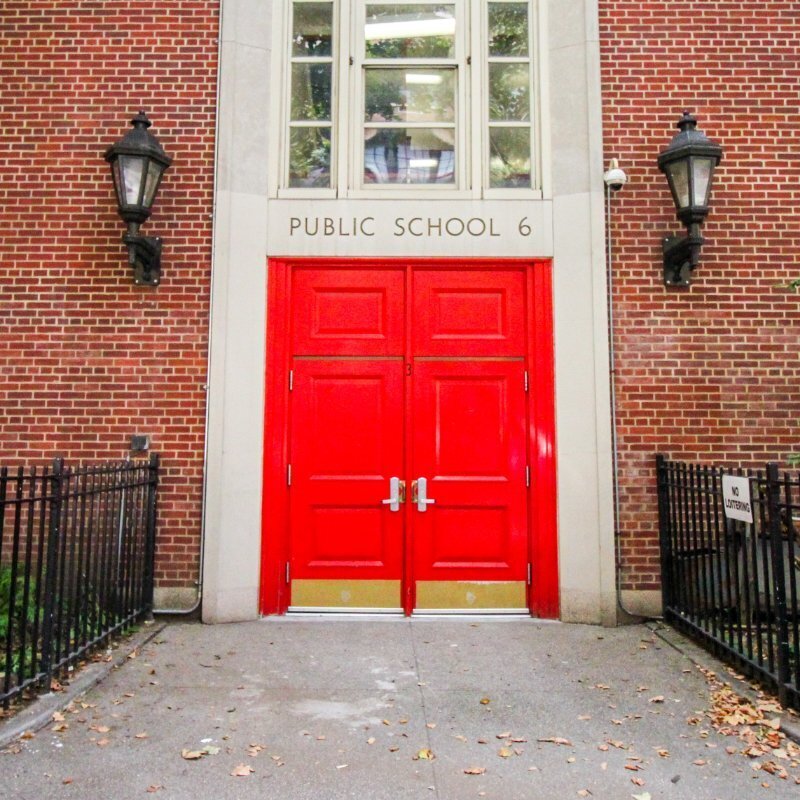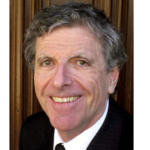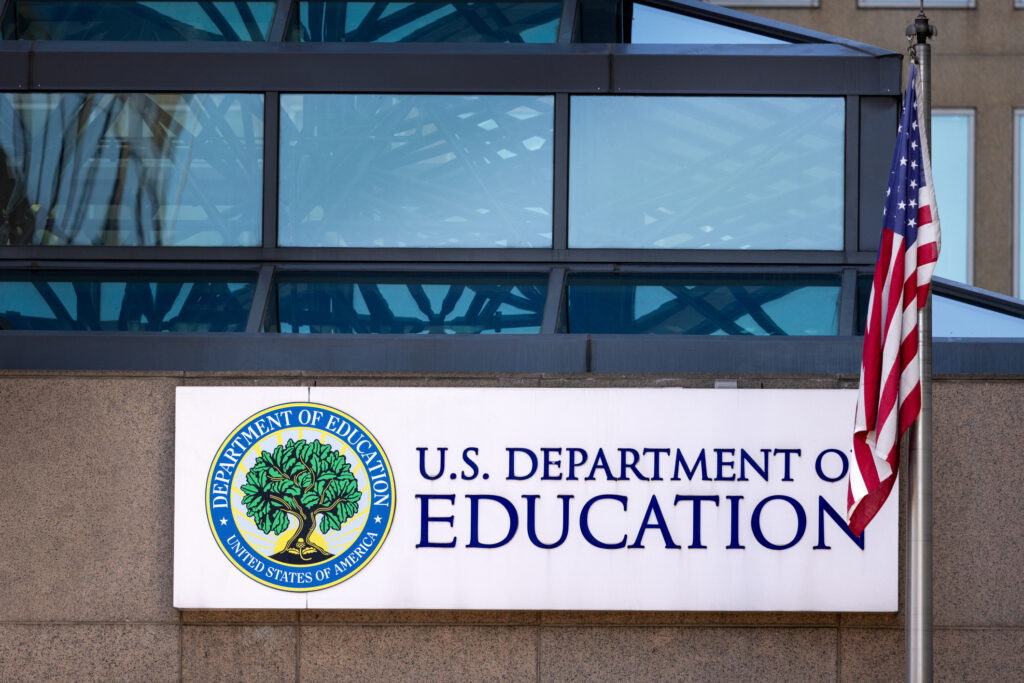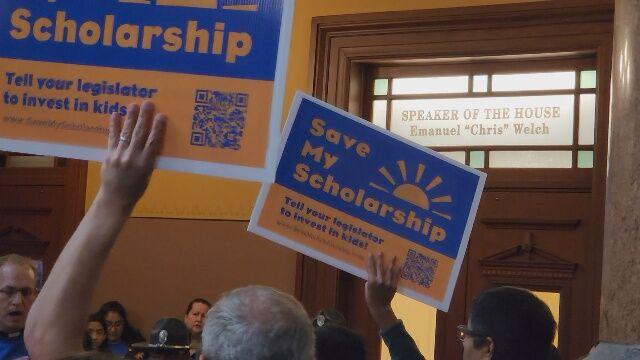
August 29, 2025
Research & Commentary: New Index Shows Montana Falling Behind in the Education Choice Revolution
A new report shows Montana is lagging behind in a nationwide education movement still building momentum. According to the 2025 EdChoice Friedman Index—a new measuring system released in April by the titular education reform organization, which is designed to measure how much educational choice families in a particular state actually have—Montana only has an index score […]

August 22, 2025
Research & Commentary: New Index Shows Kansas Falling Behind in the Education Choice Revolution
A new report shows Kansas is lagging behind in a nationwide education movement still building momentum. According to the 2025 EdChoice Friedman Index—a new measuring system released in April by the titular education reform organization, which is designed to measure how much educational choice families in a particular state actually have—Kansas only has an index score […]

August 22, 2025
Research & Commentary: New Index Shows Wyoming Needs to Do More to Keep Up with Education Choice Revolution
A new report shows Wyoming is lagging behind in a nationwide education movement still building momentum. According to the 2025 EdChoice Friedman Index—a new measuring system released in April by the titular education reform organization, which is designed to measure how much educational choice families in a particular state actually have—Wyoming only has an index score […]
Latest Education Podcasts from Heartland
Ill Literacy: Books with Benson

Ill Literacy, Episode 180: An Abundance of Caution (Guest: David Zweig)
August 5, 2025
School Reform News Podcast

Private Choices & Public Hypocrisy: The Teachers Union President Controversy
October 31, 2023
Ill Literacy: Books with Benson

State of the Schools: Unpacking Donald P. Nielsen’s Roadmap for Educational Transformation
September 12, 2023
Experts and Team Members

Tim BensonSenior Policy Analyst, Host of the "Ill Literacy: Books with Benson" Podcast

Christopher TalgoEditorial Director; Socialism Research Fellow

S.T. KarnickSenior Fellow, Executive Editor of Health Care News

Larry SandPresident, California Teachers Empowerment Network
Click here for a list of more than 50 of Heartland’s education policy advisors.






